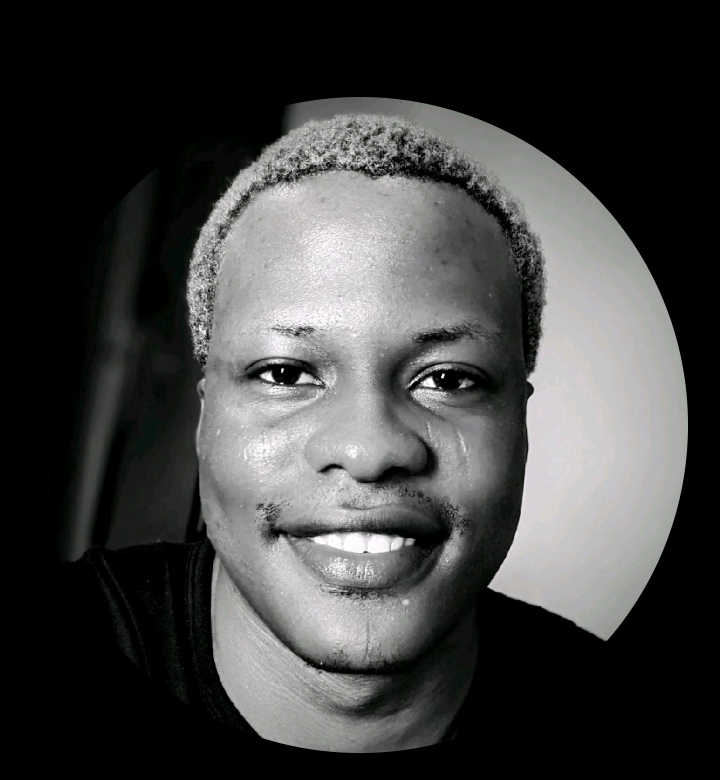262 reads
The Role of Advanced Digital Services and Convenient Modern Infrastructure in Transportation Systems
by
April 24th, 2023
Audio Presented by

Content Strategist & Tech Journalist | 4+ years in content creation | Expertise: PR, AI/ML, Finance, Tech |
Story's Credibility

About Author
Content Strategist & Tech Journalist | 4+ years in content creation | Expertise: PR, AI/ML, Finance, Tech |
